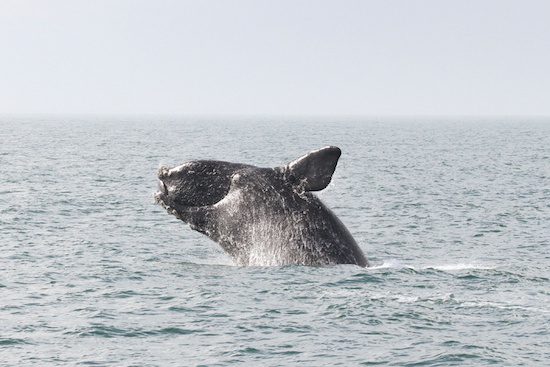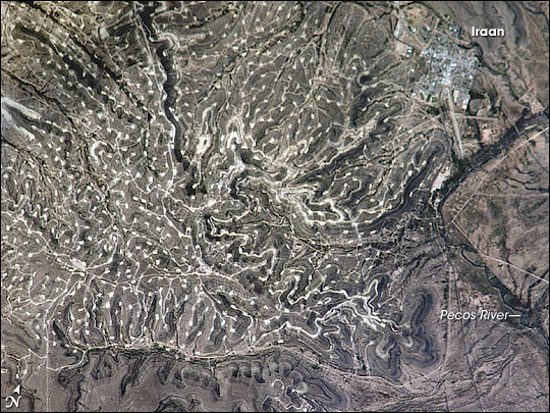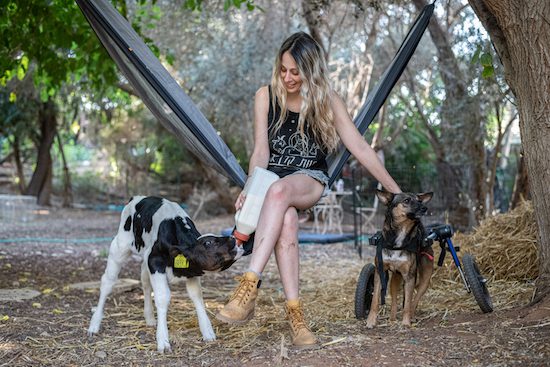


Care2: The U.S. lobster fishing industry is slowly but surely chipping away at the only 411 North Atlantic right whales left in the entire world. This has all come to light due to a lawsuit against the National Marine Fisheries Service (NMFS), a federal agency, which claims that it failed to disclose how many whales were at risk of harm or death due to fishing activities. Although scientists unanimously agree that only one right whale fatality per year can be sustained and still allow their population to survive and grow, the NMFS thought it best to brush over the estimated 3.25 whales being killed per year when they submitted a biological opinion in 2014. The North American right whale is protected under the Endangered Species Act (ESA), of which the NMFS’s actions are in clear violation. This high death rate for individual whales is a death sentence for the entire species, and the deception that followed is simply shameful. It is estimated that up to 85 percent of all right whales still living have horrendous scars and injuries from entanglement in lobster fishing equipment. The ropes from cages and gillnets slowly and torturously cut into the whales’ skin. The best-case scenario is that they leave with injuries or dragging cumbersome, restrictive and heavy equipment with them. In the worst case, they drown or starve to death. Luckily, a federal judge recently ruled in favor of the plaintiffs, holding the federal agency at fault for the deception. He said this was “as straightforward a violation of the ESA as they come.” But the NMFS says that is a “deeply disappointing decision,” and are currently reviewing their options while consulting their own legal teams. It is clear what that means: The NMFS, worried for the profitability of the lobster fishing industry, will do whatever it takes in order to continue to operate as they please. If this is the course of action, there is hardly a shred of hope for the North Atlantic right whale.
>>>Urge the NMFS to take every necessary action in order to preserve the lives of the remaining 411 North Atlantic right whales.
Creature Crusade: Imagine you’re a coyote going for a walk in the woods you call home. Then you smell them: several frenzied, roaring hounds come bounding out of the undergrowth. You can tell by the look in their eyes that they only know one thing: killing. You run, and run, and run. But you have no hope. There are just too many of them. You are backed into a corner, so you stand and fight. They surround you, then leap in one at a time. Teeth tear open your flesh again and again. At long last, weak from blood loss, you give out. That’s when they go in for the kill. Countless jaws close around you limbs, your throat, your ribs. They tear you apart in all directions. You spend your final moment in excruciating agony. This is what some people consider a “sport.” Hunters do it for fun. In truth, this activity is simply cruel and unethical. But perhaps there is hope. “I believe animals play an important role in our lives and should be protected from cruelty and abuse,” said Congressman Tony Cardenas (D-Calif.), a firm believer in animal rights. “By strengthening our country’s animal welfare policies, Congress can make a big impact on the lives of millions.”
>>>Urge Congressman Cardenas to introduce legislation that would ban hound hunting in the United States.
International Dark-Sky Association: When used indiscriminately, outdoor lighting can have a negative impact on wildlife, as many animals are nocturnal and unnatural lighting alters their nighttime environment by turning night into day. In fact, both plants and animals depend on Earth’s daily cycle of light and dark rhythm to govern life-sustaining behaviors such as reproduction, nourishment, sleep and protection from predators. Is your home dark sky friendly? By following five simple principles for responsible outdoor lighting at home, you can protect nocturnal wildlife, be a good neighbor, and preserve the night sky. Follow this user-guide to certify your home dark sky friendly, and download a certificate.
>>>Do a home lighting assessment to see if your home is dark-sky-friendly.
Cause for concern…

- Permian oil fields leak enough methane for 7 million homes, may account for 10% of global methane pollution growth (Bobby Magill, Bloomberg Environment)
- Glaciers more likely to break apart, unleash destructive waves of debris in warming climate (Jan Wesner, The Weather Channel)
- Trump administration seeks to relax rules on radioactive waste (Daniel Ross, The Guardian)
- Recent Australian wildfires made worse by logging (University of Queensland, Phys.org)
- Animal-to-human disease transfer in intensive farming poses ‘huge public health risk’ (Amy Barrett, Science Focus)
- Thousands of miles of planned Asian roads threaten the heart of endangered tiger habitat (Neil Carter, The Conversation)
- India sees coronavirus threat to fragile population: tigers (Gloria Dickie, The New York Times)
- Poachers are taking advantage of the pandemic to kill more animals (Hanna Kozlowska, Quartz)
- Mass animal sacrifice in the name of God stubbornly continues in Nepal (Saprina Panday, Global Voices)
- 24 Chinese firms exposed for using leopard bones in traditional “medicines” (Environmental Investigation Agency, Animal People Forum)
- Dramatic loss of food plants for insects (University of Bonn, ScienceDaily)
Round of applause…

- You can make vegan bacon using carrots according to this TikTok hack (Anna Lewis, Delish)
- Wall Street is bending to activist pressure seeking to halt Arctic-oil loans (Jennifer A. Dlouhy, Bloomberg Green)
- Silence is golden for whales as lockdown reduces ocean noise (Karen McVeigh, The Guardian)
- Iceland whaling industry shuts down for good (Audrey Enjoli, LIVEKINDLY)
- Rooney Mara and Joaquin Phoenix pen essay calling for the closure of North American wet markets (Jamie Samhan, ET Canada)
- PETA offers to retrain slaughterhouse workers to produce vegan meats (Zachary Toliver, PETA)
- Chicago bans horse-drawn carriages beginning in 2021 (Rebecca Klar, The Hill)
- Canada Goose to stop buying fur from freshly killed coyotes (Lisa Fickenscher, New York Post)
- Increasing green spaces in cities could prevent many premature deaths every year (Fermin Koop. ZME Science)
- U.K. government announces plans to phase out badger cull (Animal Aid, Animal People Forum)
Parting thought…

“Life is life—whether in a cat, or dog or man. There is no difference there between a cat or a man. The idea of difference is a human conception for man’s own advantage.” —Sri Aurobindo
Earth | Food | Life (EFL) explores the critical and often interconnected issues facing the climate/environment, food/agriculture and nature/animal rights, and champions action; specifically, how responsible citizens, voters and consumers can help put society on an ethical path of sustainability that respects the rights of all species who call this planet home. EFL emphasizes the idea that everything is connected, so every decision matters.
Click here to support the work of EFL and the Independent Media Institute.
Questions, comments, suggestions, submissions? Contact EFL editor Reynard Loki at [email protected]. Follow EFL on Twitter @EarthFoodLife.